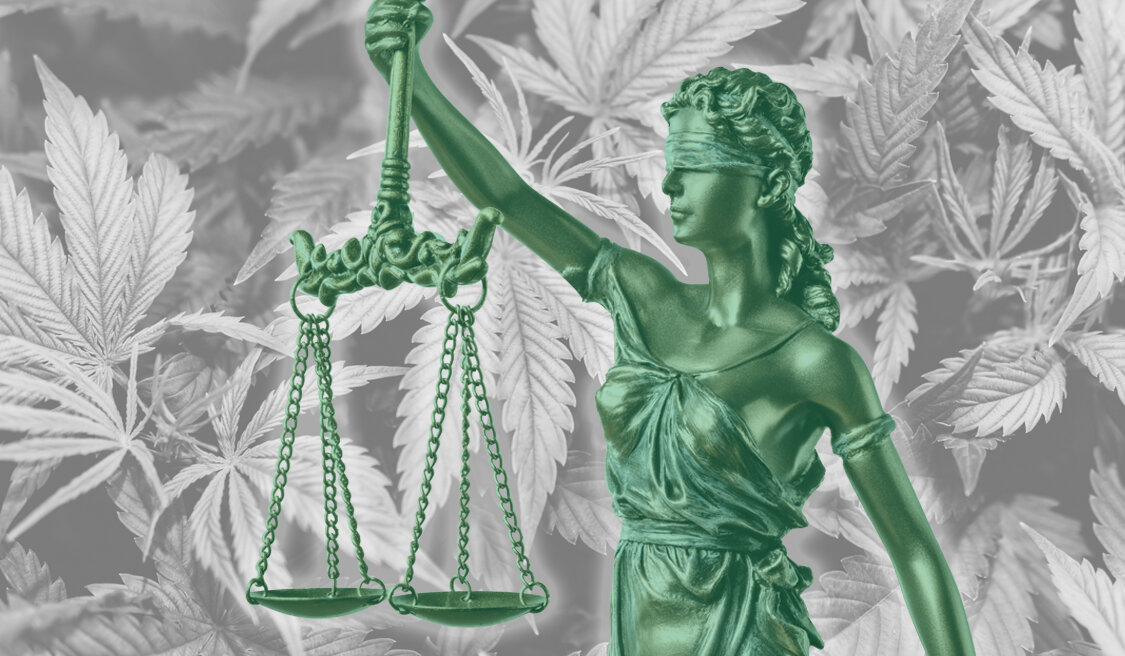A police call that began with teenagers smoking cannabis in a convenience store ended with one of the teens’ grandparents being thrown to the ground by police resulting in a $45,000 settlement.
The settlement was approved this week by Baltimore City’s Board of Estimates who detailed the May 7, 2016 incident in which 56 year-old Theresa Rouse was thrown to the ground, had a knee pressed on her back, and was handcuffed by Officer Chris Florio. The incident began when a store owner called the police on a group of teenagers he said were in his store smoking cannabis, including Rouse’s grandson who was 13 years old. Rouse heard what was happening and walked over to the gas station and explained that she was the grandmother of one of the kids. The police then called the thirteen year old’s mother, who told the cops Rouse was not her son’s grandmother (even though she was) and the police asked Rouse to go home.
So she did. But Rouse returned when she saw some of the teens, including her grandson, being handcuffed. Office Florio told Rouse to “get back” and also told her to put out the cigarette she had in her hand. As Florio approached her, she flicked the lit cigarette at Florio and Florio threw her to the ground. Then, he put his knee on her back and handcuffed her. After Rouse was handcuffed, she was carried by police by her legs and hands towards a police car and then on the curb when they could not get her in the car.
Rouse was charged with second-degree assault, possession of a dangerous weapon with intent to injure, disorderly conduct and reckless endangerment. The dangerous weapon she possessed was the lit cigarette.
U.S. District Court Judge George L. Russell III, the federal judge who ruled that the lawsuit could go forward, noted that Rouse “was considerably smaller” than Florio and that she was not armed and not “especially dangerous.” He also suggested excessive force was used.
“There is a genuine dispute of material fact as to whether the force Officer Florio used to subdue Rouse was excessive,” Russell III wrote.
Rather than take the lawsuit to a jury trial, Baltimore City decided to settle with Rouse for $45,000.
The incident is notable not only because it’s just the latest of countless examples of police misconduct by the Baltimore Police Department, but because the settlement was approved amid two major debates about policing and police reform.
Last week, Baltimore City State’s Attorney Marilyn Mosby announced that her office would no longer be prosecuting drug possession. “There’s no public safety value in prosecuting these low-level offenses,” Mosby told the Washington Post. “These low-level offenses were being, and have been, discriminately enforced against Black and Brown people.”
This May 7, 2016 incident is a good argument for what Mosby said: A group of Black teens had the police called on them for something that did not need to involve the police. The incident escalated and resulted in a 56 year-old grandmother being thrown to the ground and kneed in the back—an incident that years later cost the city $45,000 and surely more had this gone to trial.
Meanwhile in Annapolis, the House and Senate have been debating police reform bills, which address, among other things, police excessive force and more transparency regarding police records—which if enacted, would mean citizens could have learned of this incident long before a lawsuit was filed. And as reported by Baltimore Brew, whose article on this settlement “A flicked cigarette and a knee to the neck” is quite good, “the BOE was told that Officer Florio was cleared by BPD’s Internal Affairs Division of any mishandling of the Rouse arrest. Neither he nor other police at the scene—identified in court records as Officers Anthony Ward, John Romeo, John Rosenblatt and Sergeants Michael Brinn and Billy Shiflett—faced disciplinary action.”






